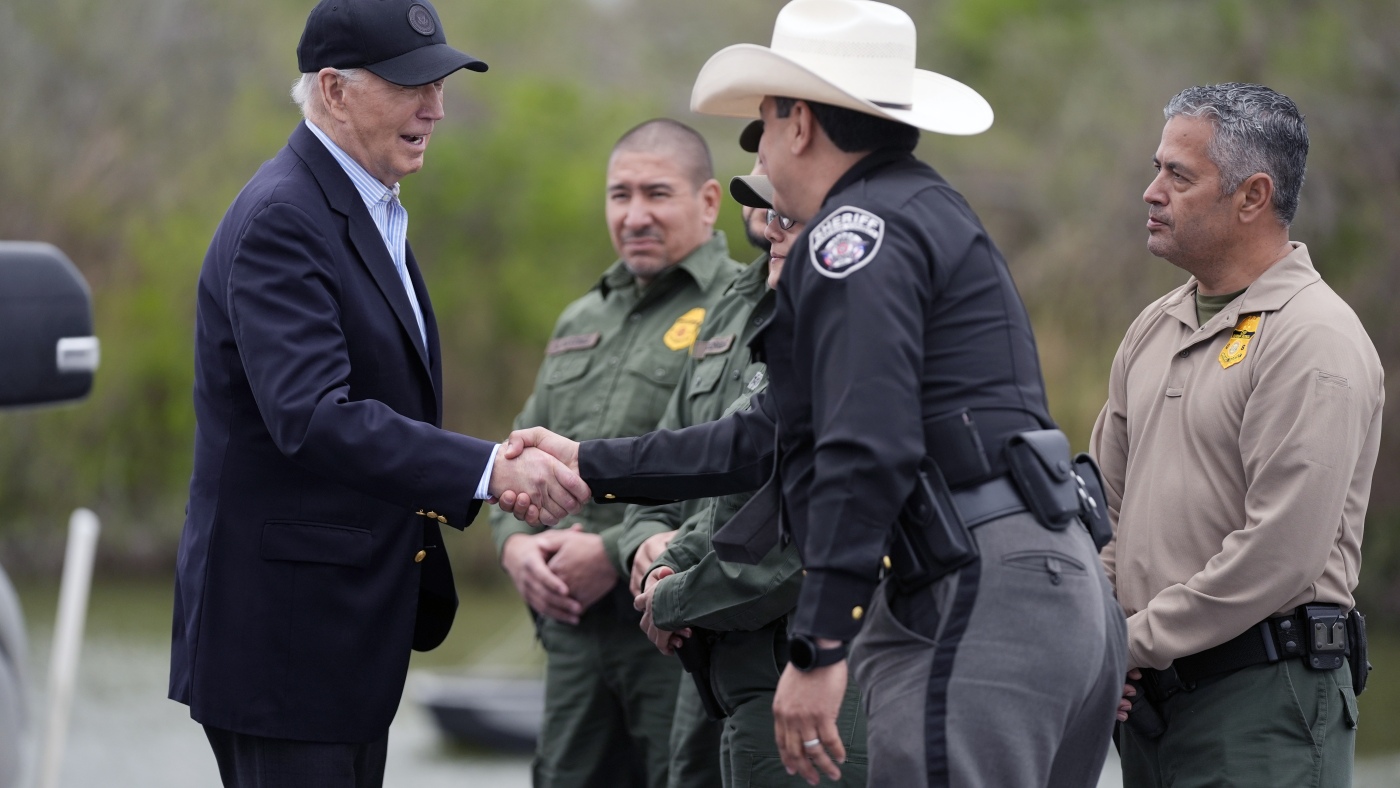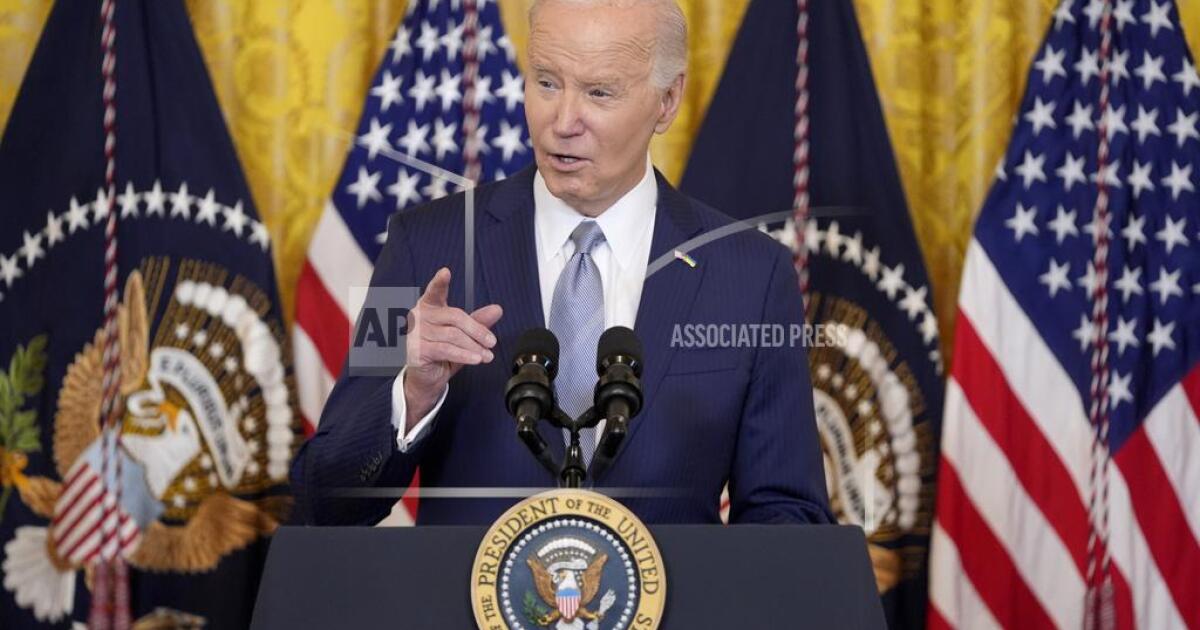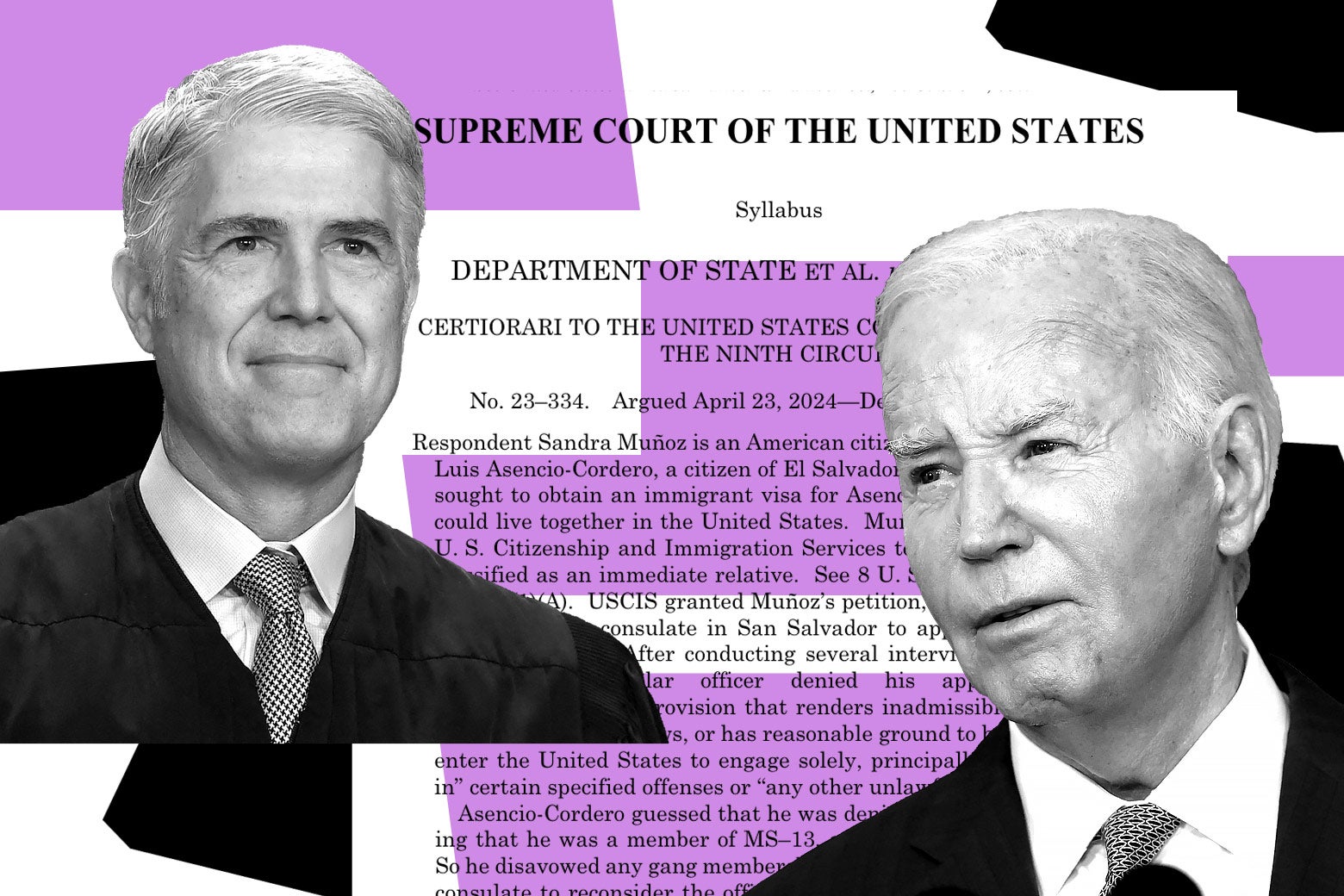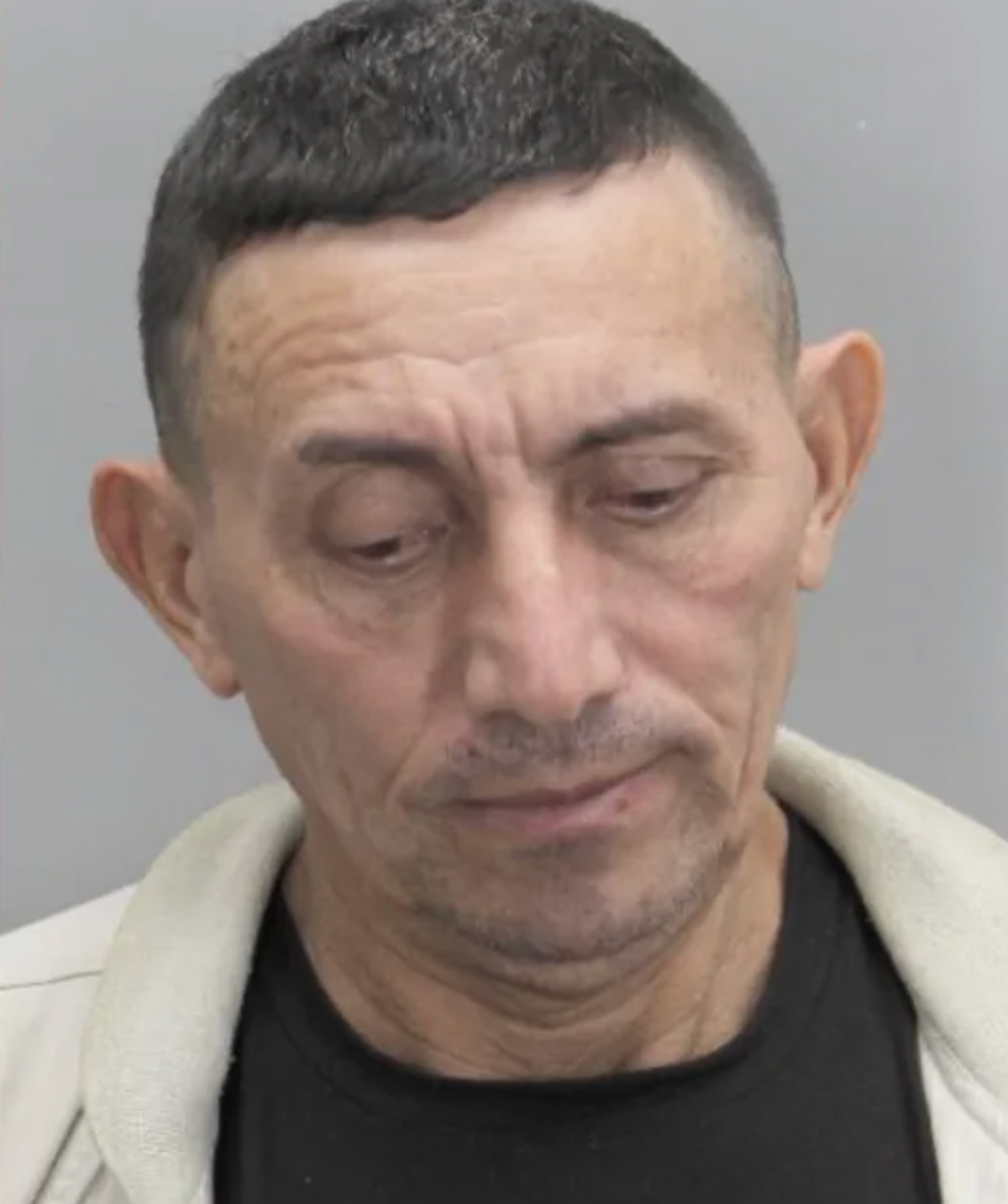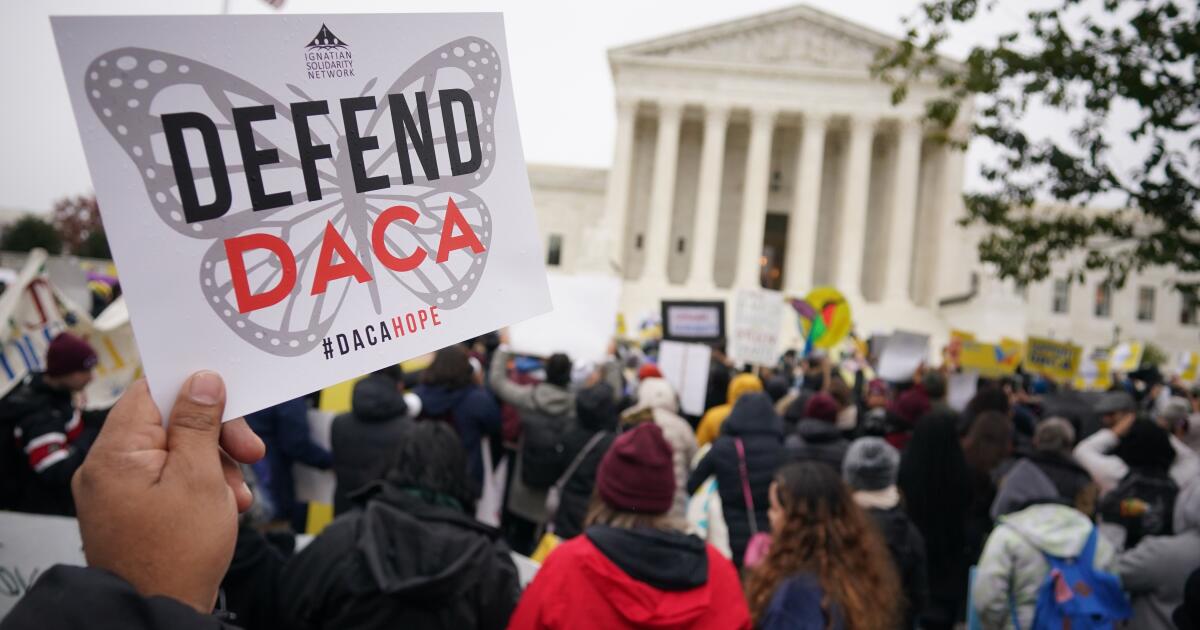
A Los Angeles man was denied a green card over his tattoos. The Supreme Court might take up his case
LA TimesSandra Muñoz holds a photo of her husband, Luis Acensio Cordero, who was denied his visa, in part, over his tattoos. Prominent Los Angeles civil rights attorney Sandra Muñoz spent her eighth Christmas countries apart from her husband, Luis Acensio Cordero, after the federal government denied him a visa, in part, over his tattoos. In court proceedings, consular officials argued that they didn’t owe the family an explanation and there was no way to appeal because of the doctrine of consular non-reviewability, which prevents judicial reviews of visa determinations made by consular officers as long as the decision is “facially legitimate and bona fide.” Muñoz is a prominent civil rights attorney in Los Angeles. In its petition to the Supreme Court, Biden administration lawyers echoed previous circuit court decisions in arguing that Muñoz’s right to marriage has not been violated because the government “has done nothing more than to say that the residence of one of the marriage partners may not be in the United States.” Government lawyers argued the 9th Circuit ruling “represents a serious encroachment on the separation of powers. If allowed to stand, it will cause considerable disruption in U.S. consulates.” Heidi Altman, policy director at the National Immigrant Justice Center, which is co-counsel on the Supreme Court case, said that Acensio and Muñoz’s case is an example of the Biden administration walking away from its commitment to immigrants.
History of this topic
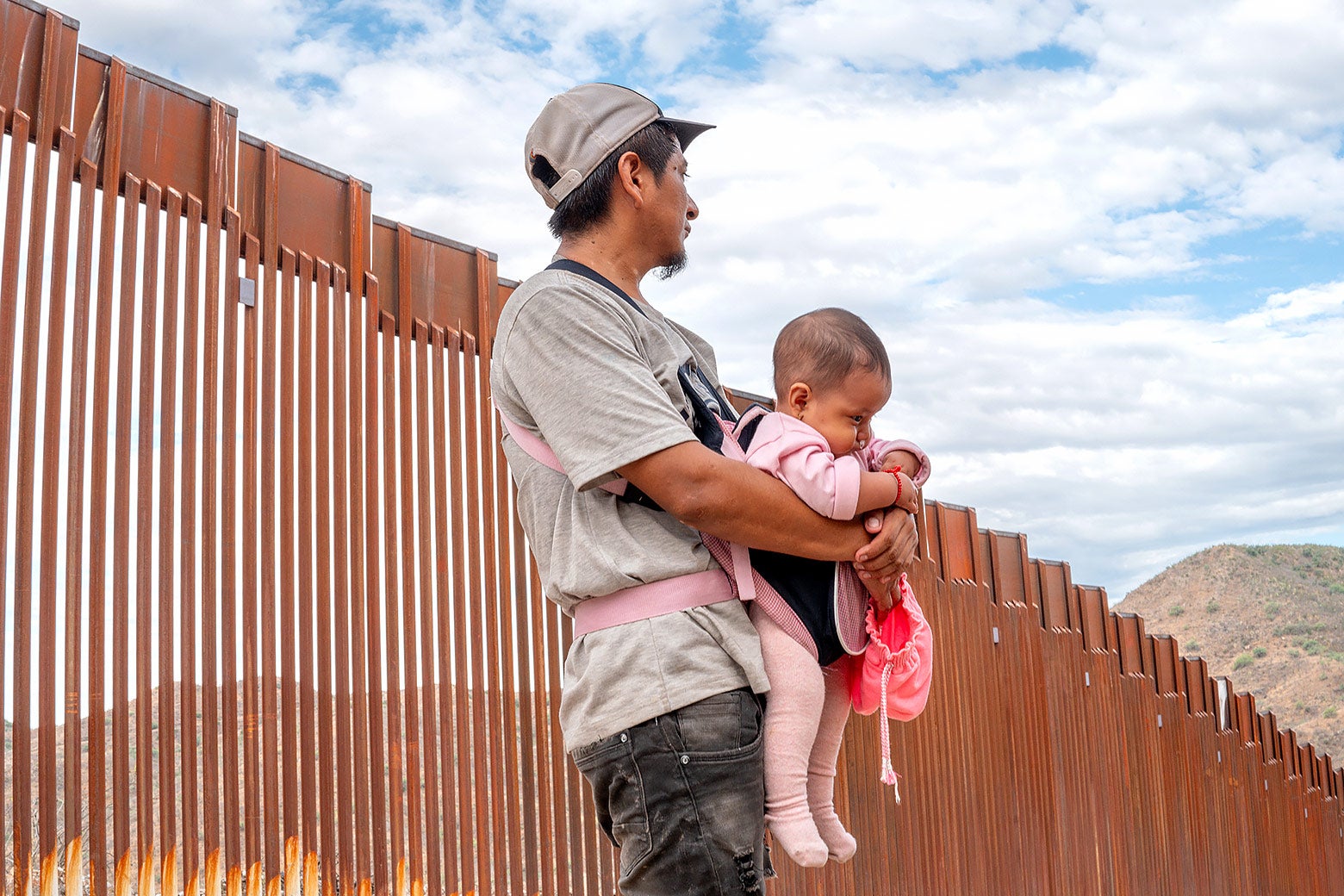
The Supreme Court Blew Up One of Biden’s Best Immigration Policies. How to Fix It.
SlateThe Supreme Court rules against California woman whose husband was denied entry to US
Associated Press
Supreme Court rules against Los Angeles couple denied visa in part over husband’s tattoos
LA Times
Supreme Court skeptical of siding with L.A. man denied visa over tattoos
LA Times
Los Angeles couple’s Supreme Court case sheds light on immigrant visa rejections
LA Times
Supreme Court to hear case of Los Angeles man denied visa over his tattoos
LA TimesDiscover Related

